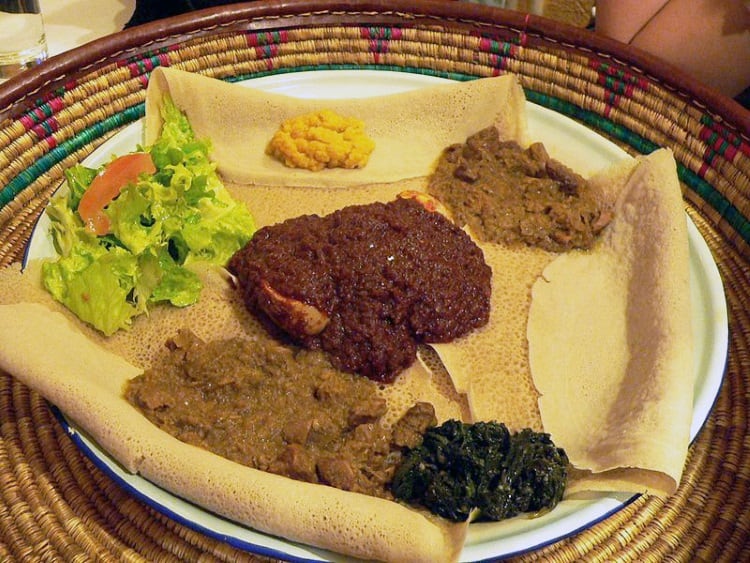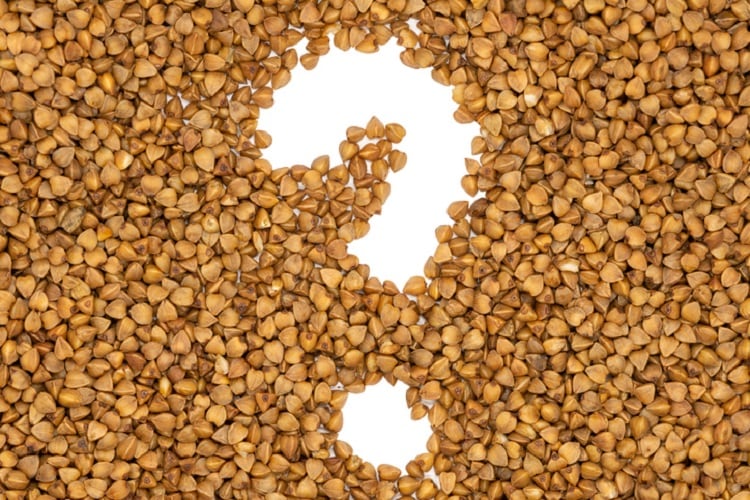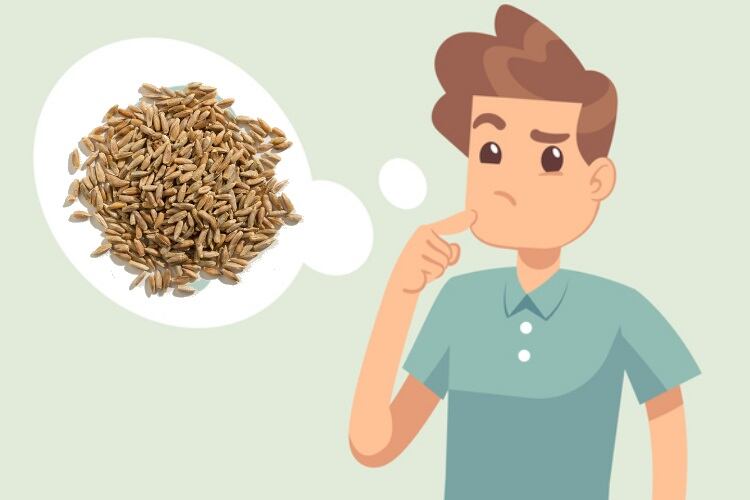European advocacy group, Foodwatch, has submitted formal complaints against supermarkets Lidl and Aldi to the Netherlands Food and Consumer Product Safety Authority (NVWA), regarding their labelling of home-brand ‘multigrain’ products.
In supermarkets, multigrain labels can be found on bread, biscuits, crackers, pancakes and tortilla packaging, and are often accompanied by a higher price tag than single grain alternatives.
According to the consumer watchdog, many of the low-cost German supermarkets’ multigrain products are misleading, due to their presence of “hardly any grains other than the main [grain] wheat”.
This is largely due to a lack of specific regulations, the watchdog continued. “Manufacturers can call products ‘multigrain’ if one grain of barley, oat or rye is added to the main component of wheat.”
A two-part demand
At the heart of the issue is the fact that ‘multigrain’ is not a legally protected term. As such, the term can be used freely by manufacturers so long as their product contains at least one additional grain variety.
This allows for food makers to disguise the percentage of grains in a product’s ingredients list, claimed Foodwatch.
The watchdog has therefore demanded that manufacturers ‘quid’ (quantitative ingredients declaration) to clarify the exact amount of individual grains in a multigrain product. “Foodwatch wants to get clarity for the consumer about what exactly they are buying.”
Nevertheless, even if manufacturers ‘quid’, Foodwatch rejects the idea that a product containing a minimal amount of alternative grains, be labelled ‘multigrain’ – and as such, be sold at an elevated price.
“It’s not enough anymore to have the correct ingredient list. The rest of the package shouldn’t be misleading. Calling a product multigrain but putting limited multigrains in it, is misleading,” Foodwatch campaigner Sjoerd van de Wouw told FoodNavigator.
Dutch Association for Bakery calls for clarity
Foodwatch is not the first to campaign for an unambiguous definition of ‘multigrain’.
The Dutch Baker Association (NVB) has voiced its support for establishing bread definitions in the Commodities Act on Flour and Bread, in a bid to reduce the chance of miscommunication.
The NVP has suggested that ‘multigrain bread’ be used to designate bread that, aside from the main wheat grain, also contains at least two other cereals.
The Association has also called for these other cereals to account for at least 10% of the total share of the product’s grains, seeds, kernels or legumes.
In addition, the percentage of the different grains present in the finished products should be identified on pre-packaged products, according to NVB.
Lidl commits to minimum 10% ‘multigrain’ content
Foodwatch’s campaign has already made an impact. Dutch supermarket chains Albert Heijn, Jumbo and Plus have committed – if not already common practice – to indicating the multigrain content on packaging.
Various manufacturers, including Albert Heijn, Bolletje and Dr. Oetker have also promised a ‘multigrain’ content of at least 10% for products designated under that label.
Significantly, Lidl has similarly committed to include a minimum of 10% ‘other grains’ in its multigrain products, which has since prompted Foodwatch to withdrawal its complaint against the supermarket.
Concerning Aldi, Foodwatch has received confirmation from the NVWA that the complaint was addressed, but predicts such a procedure will take weeks or months.
BEUC combats wholemeal ‘tricks of the trade’
The European Consumer Organisation (BEUC), which counts consumer watchdogs from 32 different countries among its members, has similarly highlighted issues surrounding misleading food labelling practices in Europe.
While in its recent report, ‘Food Labels: Tricks of the Trade’, the organisation did not cover ‘multigrain’ labelling, food policy offer Emma Calvert told us that BEUC has identified comparable problems associated with the term ‘wholegrain’.
“Similar products in the same category can currently be called ‘wholegrain’ on the front of the pack but turn out to have widely different amounts of whole grain when you look at the back of the pack,” Calvert told FoodNavigator.
“For example, our French member CLCV, recently surveyed 105 children’s breakfast cereals in France and found that those labelled as whole grain varied from between 2% and 84% whole grain content.”
BEUC has therefore called on the European Commission to establish an EU-wide definition for wholegrain products. “We believe that if a product is to be labelled as ’whole grain’ or ‘whole wheat’, then it should be 100% whole grain/wheat. Otherwise, minimum whole grain content should be established, and the percentage should be labelled on the front of the pack in a clear and legible manner to inform consumers,” said Calvert.





